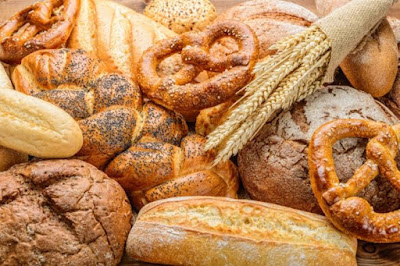Proteins are large molecules that our cells need to function properly. They consist of amino acids. The structure and function of our bodies depend on proteins. The regulation of the body's cells, tissues, and organs cannot happen without them.
Muscles, skin, bones, and other parts of the human body contain significant amounts of protein, including enzymes, hormones, and antibodies.
Proteins also work as neurotransmitters. Hemoglobin, a carrier of oxygen in the blood, is a protein.
What are proteins?
Proteins are long chains of amino acids that form the basis of all life. They are like machines that make all living things, whether viruses, bacteria, butterflies, jellyfish, plants, or human function.
Muscles, skin, bones, and other parts of the human body contain significant amounts of protein, including enzymes, hormones, and antibodies.
Proteins also work as neurotransmitters. Hemoglobin, a carrier of oxygen in the blood, is a protein.
What are proteins?



















